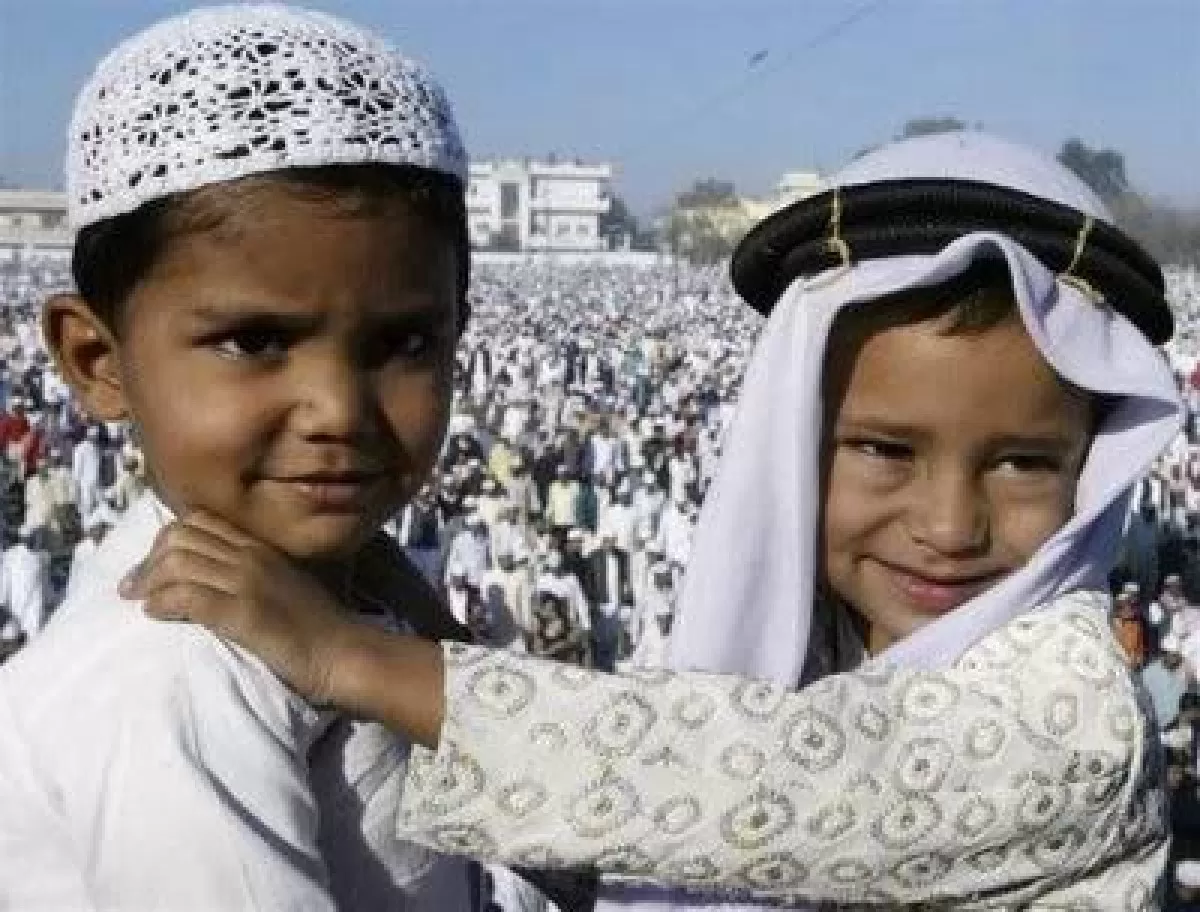The Fast of Ramadan lasts the entire month, which can be 29 or 30 days, depending on the sightings of the moon.
Ramadan is a time when Muslims concentrate on their faith and spend less time on the concerns of their everyday lives. It is a time of worship and contemplation. Fasting is considered to be an act of worship, which enables Muslims to feel closer to God and strengthen their spiritual health and self-discipline.
During the Fast of Ramadan strict restraints are placed on the daily lives of Muslims. They are not allowed to eat or drink during the daylight hours. Smoking and sexual relations are also forbidden during fasting.
Muslims can eat a pre-dawn meal (usually including protein and fats) known as suhur to sustain them during the day. Once the fast begins, even taking a sip of water is seen as breaking the fast.
At the end of each day, the fast is broken with prayer and a meal called the iftar. In the evening following the iftar, it is customary for Muslims to go out visiting family and friends. The fast is resumed the next morning.
There are some exemptions to fasting for health reasons. Pregnant, breastfeeding and menstruating women are exempt from the fast. The ill, children and the elderly are also not required to participate.
In 2017, a Palestinian judge banned divorce during Ramadan because “people make hasty decisions when they’re hungry”.
Ramadan is also a time to consider those less fortunate. Many Muslims will donate money to charities, while others distribute iftar meals to low-paid workers and the homeless. It is believed that good deeds done during Ramadan are rewarded many times over.
The word “Ramadan” itself is taken from the Arabic word, “ramad,” an adjective describing something scorchingly dry or intensely heated by the sun.
During Ramadan, it is common for Muslims to go to the Masjid (Mosque) and spend several hours praying and studying the Quran. In addition to the five daily prayers, during Ramadan, Muslims recite a special prayer called the ‘Taraweeh prayer’ (Night Prayer). The length of this prayer is usually 2-3 times as long as the daily prayers. Some Muslims spend the entire night in prayer. Some Mosques will attempt to complete one of 30 juz, or sections, of the Quran every evening.
The last ten days of Ramadan are seen as the most auspicious and is a time of intense worship, during which many will perform additional prayers. Some will also perform itikaf, when they stay in the mosque for at least one whole day.
The holiday of Eid al-Fitr, which means “festival of breaking the fast”, marks the end of Ramadan and the start of the next lunar month, Shawwal. This day is declared when the crescent new moon has been sighted or if sighting of the moon is not possible due to the weather.
Eid al-Fitr marks the completion of 30 days of fasting and is celebrated across the Islamic world with public holidays lasting for several days.
